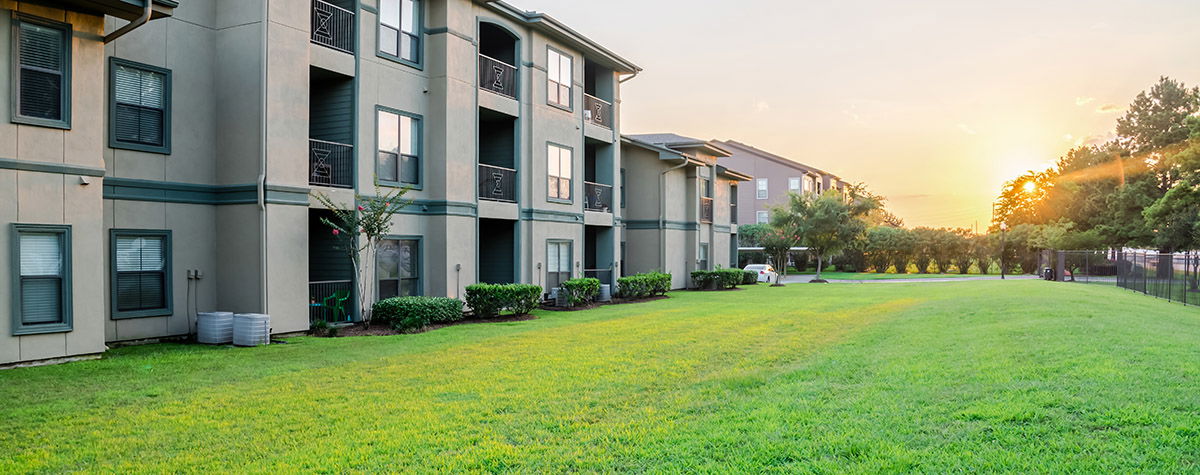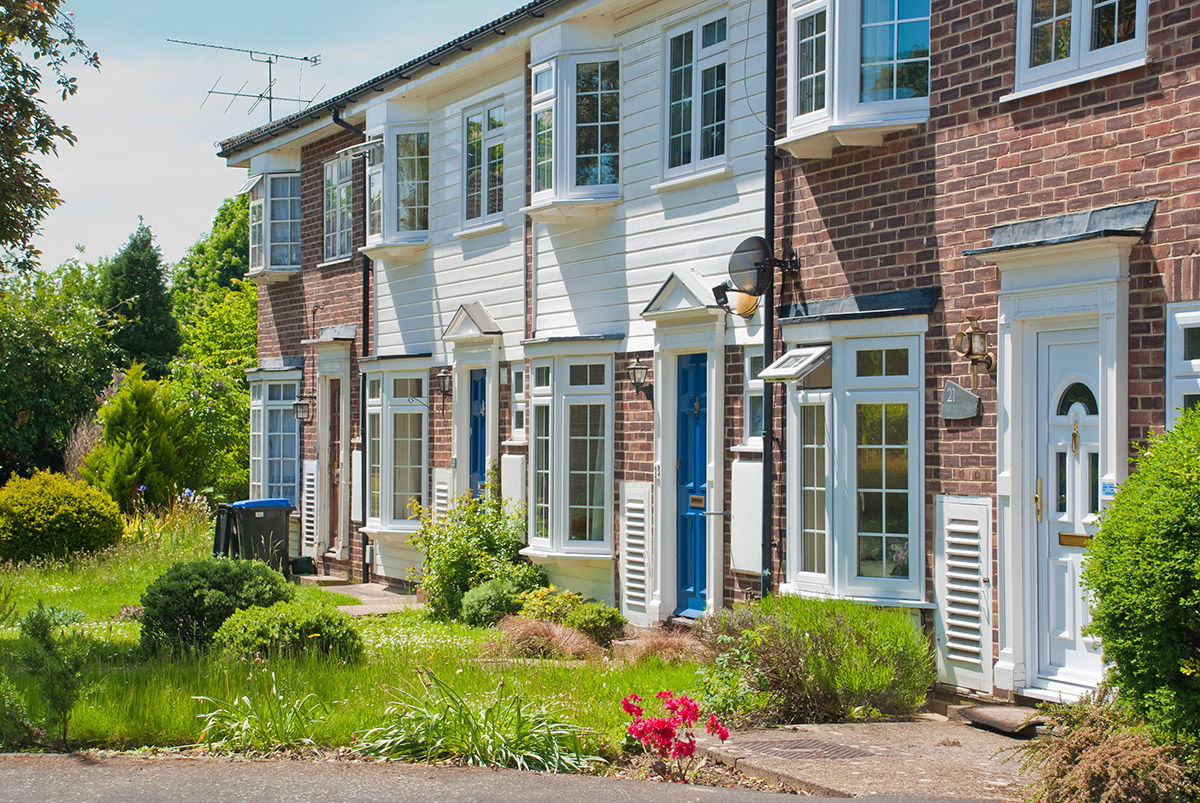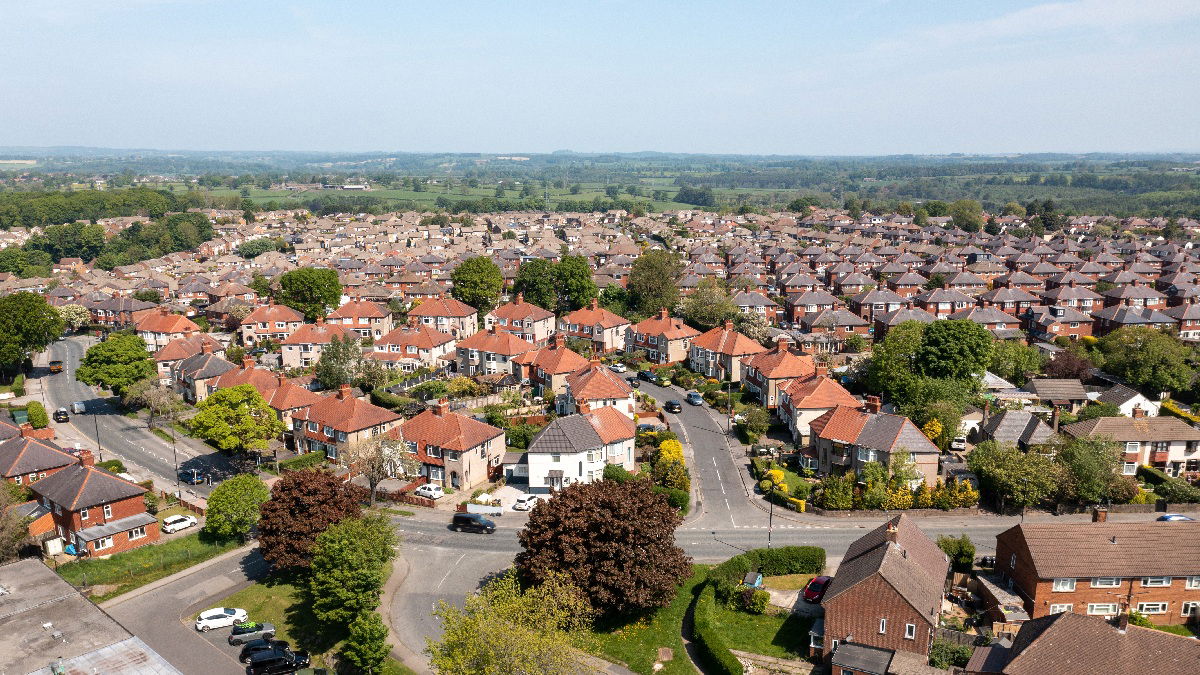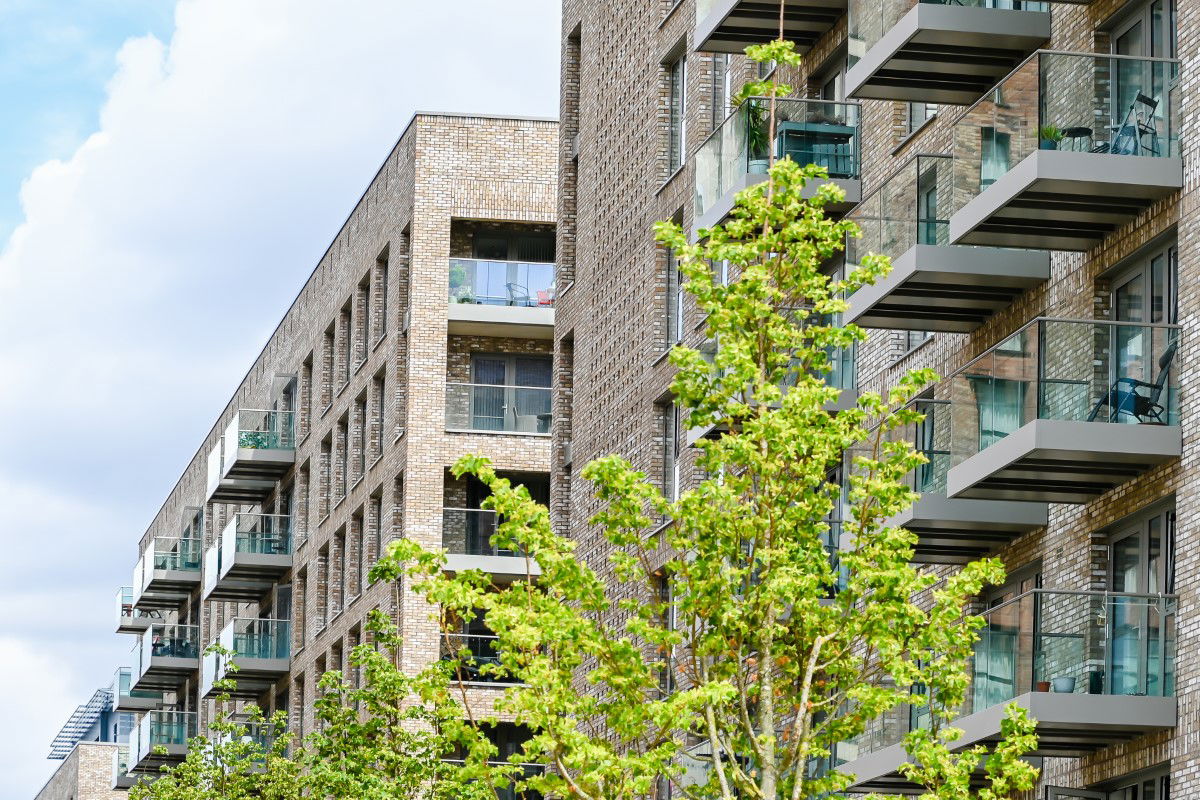Affordable housing schemes
If the property market seems to be running away from you, with house prices rising quickly and your deposit growing slowly, it might be time to take a different approach.
You may be able to get financial support from the government to help you buy a home, with an affordable home ownership scheme.

Call 0208 421 7999 to learn more about affordable home ownership
Which scheme is right for you?
There are several affordable housing schemes to support you when buying a home. They’re a great way to enable buyers who would not otherwise be able to afford a home to purchase a property through government-funded and privately-operated schemes.
However, depending on what initiative you choose, you may not own the entire property and could be liable for paying a monthly rent on top of your monthly mortgage payment. Currently, affordable housing schemes in the UK include:

How we can help
The good news is that Freelancer Financials will be able to assist you with whichever initiative best suits your circumstances. We will support you with your mortgage application for any of the above schemes wherever you are in the UK.
Don’t forget, we can help you if you are buying a home or looking to remortgage when already using one of these schemes.
Find out how you could get help to buy your first home or move home, and what you’ll need to apply for a mortgage using these schemes.
How much can I borrow?

How does a shared ownership scheme work?
With shared ownership, you own part of the home, and a housing association owns the other part.
You:
- Buy a share of a home (between 25% to 75% of the home’s value)
- Pay rent to the housing association on the remaining share
- Can use this type of scheme to buy new build or pre-owned properties.
You may be able to get financial support from the government, with an affordable home ownership scheme.

How does a shared equity scheme work?
Shared equity schemes enable you to receive a loan, usually from the government or property developer, which contributes towards the deposit of a property. A shared equity mortgage is then used to pay for the remainder of the property. This means that you essentially have two loans at the same time.
One major advantage of shared equity, is that you purchase the whole property, unlike shared ownership where you buy a share in the property (known as “staircasing”). Key features of a shared equity scheme include:
- Buy your first home sooner
- The loan towards the deposit is often interest free
- You only pay back the loan when you sell the property

How does the Right to Buy scheme work?
Right to Buy is a government scheme that allows tenants to buy a council property at a discounted rate. The scheme was introduced by Margaret Thatcher in the 1980s and remains popular to this day.
The discount rate depends on the type of council property and how long the customer has lived in the council home. After the tenant has been in a council property for 3 years, they can qualify for a 35% Right to Buy discount. Every five years, this discount increases by 1%, with the maximum discount being 70%, which can be reached after 40 years.
Getting a Right to Buy mortgage is pretty similar to getting a regular mortgage. You can also apply with another person. Most lenders (but not all) will accept the discount you get on your property as a deposit.
Rated 5 out of 5 stars based on 900+ Google and Facebook customer reviews
Ready to secure the mortgage you deserve?
Get in touch with our expert team today and take the first step toward a mortgage that truly reflects your earning potential. Contact us now and let’s make it happen.
